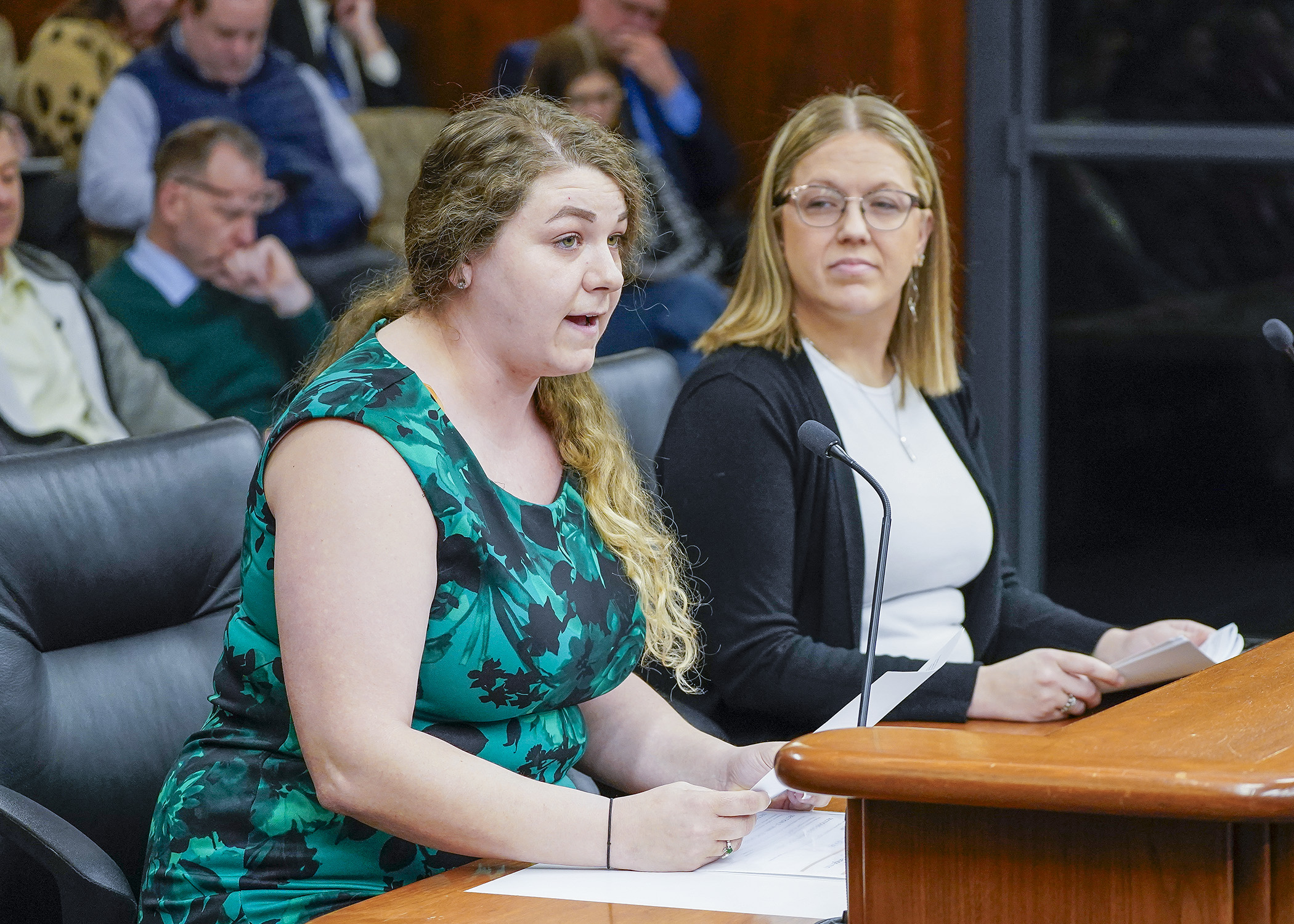Medicinal cannabis users could benefit from increased home-grow limits

No doubt Minnesota’s medical cannabis program provides relief for many people, but it can also sometimes be too expensive for the people who use it to treat or cope with debilitating conditions such as cancer or epilepsy.
Due to their medical conditions, these people are also likely to have lower incomes, said Rep. Jessica Hanson (DFL-Burnsville). Why not let them grow their own cannabis plants?
That option isn’t practical for many cannabis patients, she says, because cultivating cannabis plants can be a delicate process that takes a lot of time, specialized equipment, and specialized knowledge.
Her solution is HF3766, which would allow medical cannabis patients to “farm out” cannabis cultivation to third-party individuals, in this case Division of Medical Cannabis-certified caregivers assigned to help patients who require assistance in administering medical cannabis.
“Folks with disabilities need a hand … and this is the hand they are looking for in order to navigate our current home-grow program,” Hanson said.
The House Commerce Finance and Policy Committee held the bill over Monday for possible inclusion in a committee cannabis bill.
Under the recreational cannabis law passed last year, up to eight cannabis plants are allowed in a single residence without a license.
The bill would allow medical cannabis patients to possess 16 plants, and transfer half of their allotment to a registered designated caregiver approved to assist patients enrolled in the medical cannabis program.
Hanson said that even if a medical cannabis patient is skilled enough to cultivate their own medicinal plants, other circumstances may foil them, such as a living situation not conducive to growing cannabis or prohibitively expensive equipment.
“We do not think that people with qualifying medical conditions on our medical cannabis program ought to be left out of the ability to benefit from homegrown cannabis simply because they are unable to grow it by themselves,” Hanson said.
Rep. Anne Neu Brindley (R-North Branch) asked why the bill lacks the “strict testing requirements” that retail cannabis cultivators must abide by to ensure safety, THC potency and other things.
Testing infrastructure in the state is not currently robust enough to adequately handle that task for home-grown medicinal plants, Hanson said, adding that home-grown cannabis for recreational use does not currently require such testing.
“It’s my opinion that setting a different or a higher bar for people with disabilities who simply need help growing their own cannabis at home is not inclusive,” she said.
Related Articles
Search Session Daily
Advanced Search OptionsPriority Dailies
Ways and Means Committee OKs proposed $512 million supplemental budget on party-line vote
By Mike Cook Meeting more needs or fiscal irresponsibility is one way to sum up the differences among the two parties on a supplemental spending package a year after a $72 billion state budg...
Meeting more needs or fiscal irresponsibility is one way to sum up the differences among the two parties on a supplemental spending package a year after a $72 billion state budg...
Minnesota’s projected budget surplus balloons to $3.7 billion, but fiscal pressure still looms
By Rob Hubbard Just as Minnesota has experienced a warmer winter than usual, so has the state’s budget outlook warmed over the past few months.
On Thursday, Minnesota Management and Budget...
Just as Minnesota has experienced a warmer winter than usual, so has the state’s budget outlook warmed over the past few months.
On Thursday, Minnesota Management and Budget...